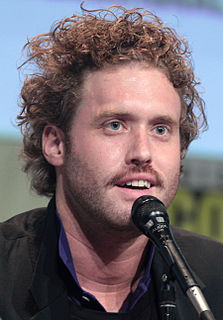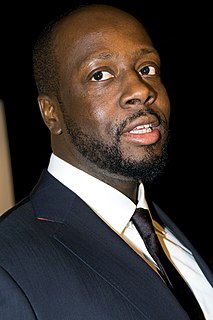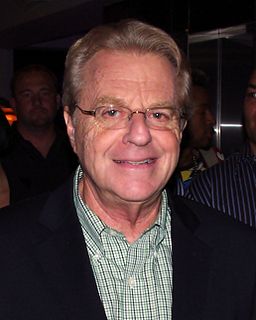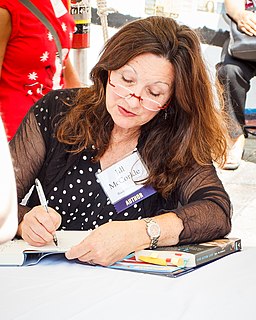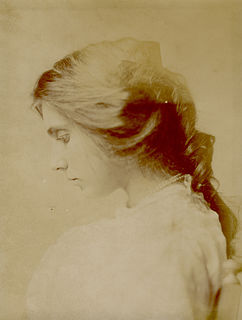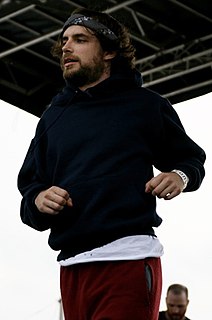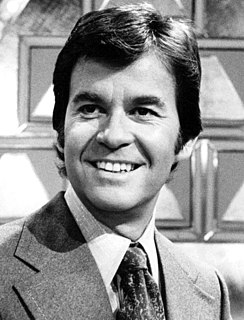A Quote by T. J. Miller
My father always said I have a face for radio, and 'Cloverfield' was one of my finest pieces of work.
Related Quotes
My father being a Caribbean minister, one day I stole the radio. The radio that I stole, I took it to school, showing off how big this boom box was and how bad I was at the time. Once my father figured out where I left the radio, he then got his belt and he walked me, he beat me all the way to where I had hid the radio, and with the boom box.
I feel very protective in the first draft, when all the pieces are coming together. I work in a way that is not linear or chronological at all, even with the short story. I will just be writing bits and pieces, and then when I have all the pieces on the table, that for me is when it feels like the real work begins.
Don't drop him," said Peter's mother to his father. "Don't you dare drop him." She was laughing. "I will not," said his father. "I could not." For he is Peter Augustus Duchene, and he will always return to me. Again and again, Peter's father threw him up in the air. Again and again, Peter felt himself suspended in nothingness for a moment, just a moment, and then he was pulled back, returned to the sweetness of the earth and the warmth of his father's waiting arms. "See?" said his father to his mother. "Do you see how he always comes back to me?
